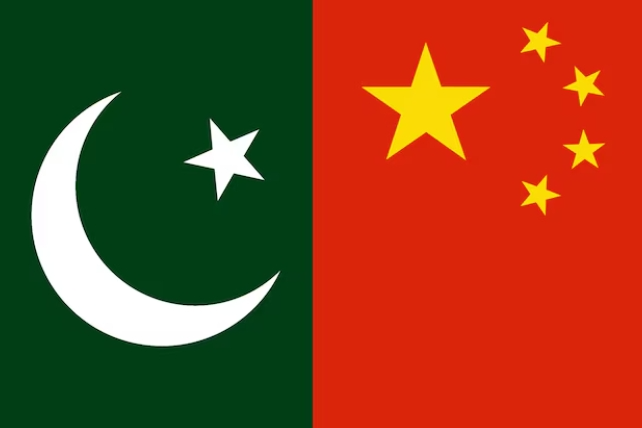National Evaluation Capacities Conference to be held in China for the first time

The National Evaluation Capacities Conference will be held in China for the first time starting from Sunday, which is expected to make Chinese voices heard by the world and make the results of the conference reflect the consensus of more developing countries.
The 2024 NEC Conference is the eighth of its kind and will be co-hosted by the China International Development Cooperation Agency (CIDCA), the United Nations Development Programme and the Global Evaluation Initiative from Sunday to Friday in Yanqing district, Beijing.
The main theme of the conference is "Responsive Evaluation: For Government, For Inclusion, For the Future".
Speaking at a press briefing on Friday, Tian Lin, head of the Supervision and Evaluation Department of the CIDCA, said that it holds great significance for China to host this conference with the UN.
"It is an opportunity for China to actively engage in global governance in evaluation as such evaluation requires leadership and promotion by the UN as well as balanced participation from both developed and developing countries," Tian said.
He noted that this conference will adopt an outcome document that reflects the consensus of all parties and clarifies next steps forward.
As a member of the Global South,China is expected to play a constructive role in this process, he added.
The co-hosting of the conference is also a joint effort to implement the UN development agenda and the Global Development Initiative, he said, adding that the conference also supports the modernization of China's national governance system and capacity.
More than 500 guests from home and abroad, including government officials, representatives from international organizations and think-tanks across over 100 countries are expected to attend the conference, according to the CIDCA.
Isabelle Mercier,?director of the UNDP Independent Evaluation Office, told reporters that evolving from a small-scaled conference that only brought together 55 participants to a global initiative, the conference reflected that evaluation is no longer just an option but is essential for building a better world for all.
In the midst of various crises such as declining trust to public entities, economic uncertainties and climate change, it requires governments to respond rapidly with clear and evidence-based insights, she said.
"This conference is about ensuring that, we as an international community, continue to make evaluations a driving force in the way governments operate, in the way decisions are made, and in the way we deliver for the people we serve," she said.
With only 6 years left until 2030, Mercier said that no single sustainable development goal is fully on track, and progress has been made on just 16 percent of the targets.
"But this is not the time for despair. In fact, we have powerful tools such as technologies, artificial intelligence and the growing commitment from governments to use evidence to address the world's most urgent challenges," she said.
The conference brings together experts sharing experiences, building evaluation systems that create incentives for action, she said.
Dugan Fraser, the program manager at the Global Evaluation Initiative, said that through the initiative, they have trained over 5,000 people including government officials, NGO staff members and academic institutions.
"Our goal is to promote accountability and evidence-based decision-making by developing country governance and improve their capacity to monitor their programs and conduct country-led evaluations," he said.
He noted that countries collaborate with the GEI through capacity building and technical assistance. The initiative also collaborates with local institutions, especially academies, government agencies and civil society organizations to implement country-specified evaluation.
Initiated by the UNDP in 2009, the conference is a professional international forum focus on the evaluation of national and government public policies, with the aims to strengthen the evaluation capacities of the nations by sharing strategies, tools and practical experiences in public evaluation.
It is a key platform for global exchange and cooperation in the evaluation field, and also aims to help countries collectively achieve the UN 2030 Agenda for SDGS.

































